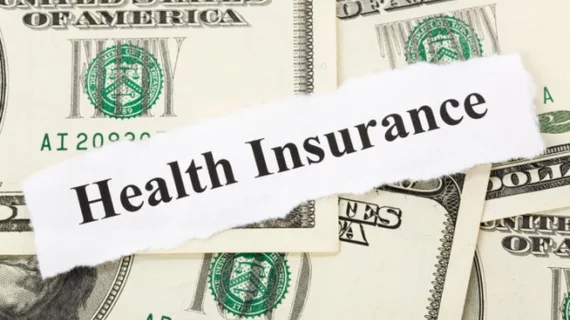Provider-sponsored Medicare Advantage plans seeing big growth in membership
The growth in Medicare Advantage (MA) membership has benefited hospitals and physician groups that operate their own plans, with total enrollment increasing by more than 20 percent to three million beneficiaries since 2015.
In an analysis of CMS data released by Axios, Kaiser Permanente dominated total enrollment, with 1.57 million members accounting for more than half of MA members in provider-sponsored health plans. Michigan’s Spectrum Health saw the biggest jump in enrollment (46 percent from 2015 to 2018), while Highmark saw its enrollment drop by 16 percent while still retaining 262,000 members as of this year, putting them No. 2 in total membership behind Kaiser.
The three million people in provider-sponsored MA plans, however, only represents about 14 percent of all MA enrollees nationwide. Plans offered by insurers like UnitedHealthcare, Humana and Aetna still dominate the market and actually saw greater enrollment growth of 24 percent over the same time period.
Read more at the link below:

